Greener Grass
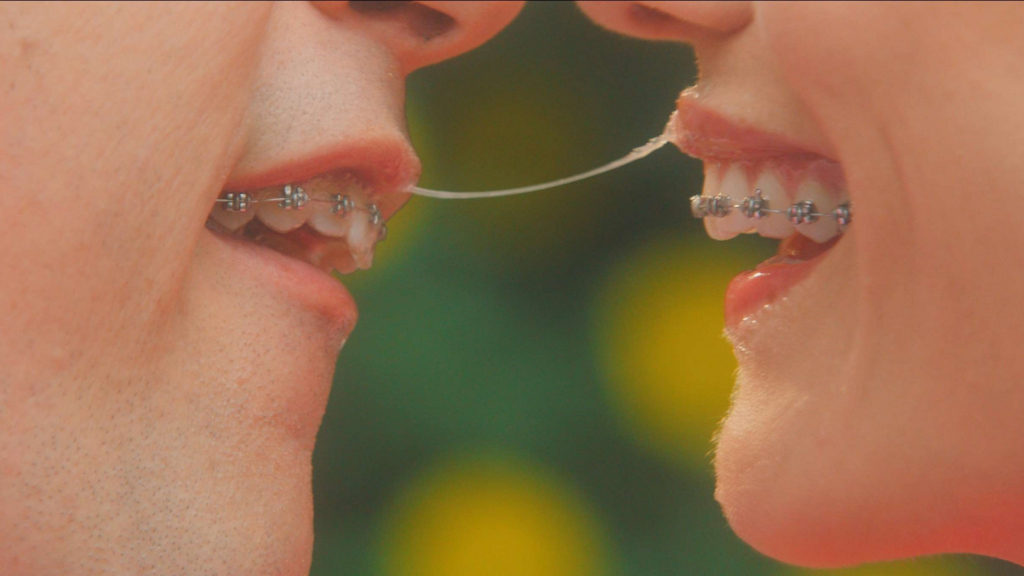
Highly derivative and very funny, Greener Grass is a caricature of and homage to wealthy middle-class suburbia, one that highlights and heightens the obvious: the entitlement, the narcissism, the competition. Debut directorial team Jocelyn DeBoer and Dawn Luebbe have produced a Lynchian (or Waters-like) tale of envy and subliminal loathing doused in buckets of primary-coloured treacle. This is a pristine toy town lumbered with a festering sickness.
DeBoer and Luebbe star as best friends, Jill and Lisa, whose relationship is premised on preserving pride, face and one-upmanship, locked in a ceaseless fetish for status and commodities. That everyone wears braces is the ultimate indicator of this insulated world, the perfect symbol of social alignment and good health. The only worry is the gums bleeding beneath.
That’s the satirical element, and these figures are indeed rendered as crude and grotesque. But the spectre of sincere motherhood looms. Jill gives her newborn baby to Lisa as a present. Lisa may not have Jill’s swimming pool – not yet – but this handover constitutes the first step. As dogs and footballs become literal substitutes for children, and as Jill recognises the implications of her careless negligence, the spools of disquieting poignancy threaten to pierce the parodic fog. She wants her children back, laughing matter or not.
All is exacerbated and surreal. Costume, art direction and set design are exquisite in their exactness, providing visual gags and curious diversions. Clothes are armour and points of ridicule, while the main mode of transport is a golf buggy, handled with risible ineptness. Painted onto a fuzzy celestial canvas, husbands appear hysterically short and inadequate, mere pawns in a more sophisticated game. Begin divorce proceedings at will.
DeBoer and Luebbe include even if they don’t interrogate questions about race. Black characters are shown to be complicit in keeping up with the Joneses, this apparently striking in a space so often read as ethnically homogenous in the cultural imaginary. They’re also shown as objects of beauty who white characters uncomfortably valourise and indulge. This fraught through-line is offset by a serial killer subplot that is of deliberate secondary concern to the new-money rivalries and subversions, to the hopes placed on offspring.
Frequent musical and sporting transgressions focus the parental paranoia. The boy who slams his hands down on the piano and won’t catch a ball casts the major revelation: that children alone form the identity of their parents. When these kids fail, disenchant or disobey, the family loses its bearings on meaning and meaningfulness. Jill turns into a shivered husk, a splinter. This gives the hilarious delusion spiky edges, and in the viewer, an uncertain sympathy.
Joseph Owen
Greener Grass does not have a UK release date yet.
Read more reviews from our Locarno Film Festival 2019 coverage here.
For further information about the event visit the Locarno Film Festival website here.

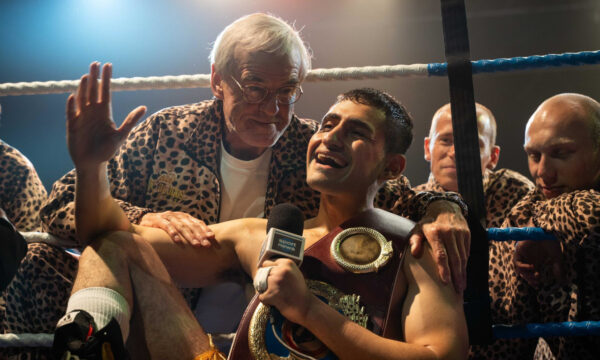

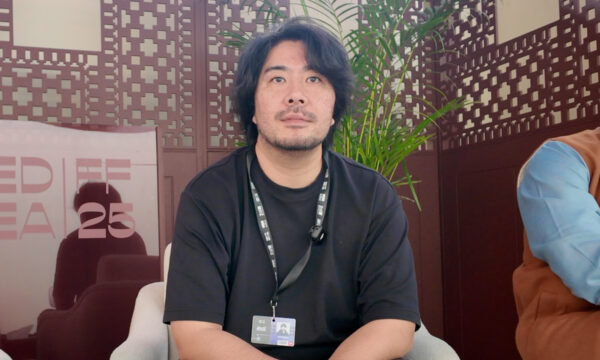
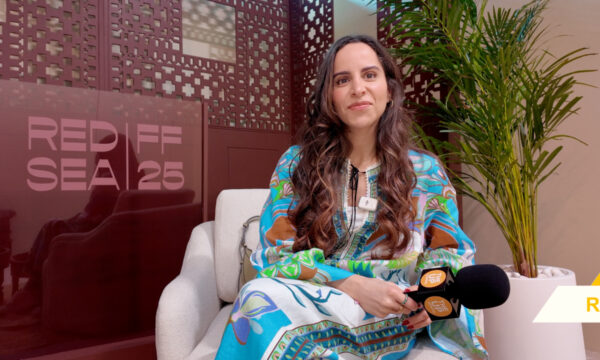
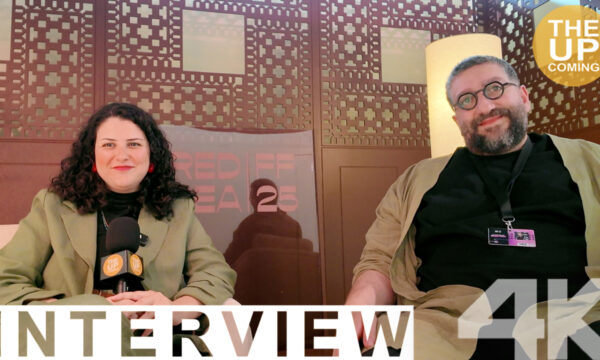
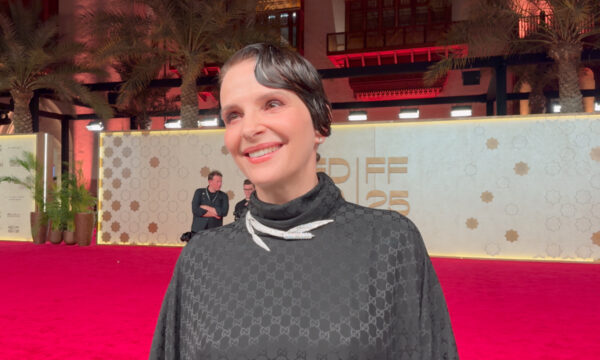
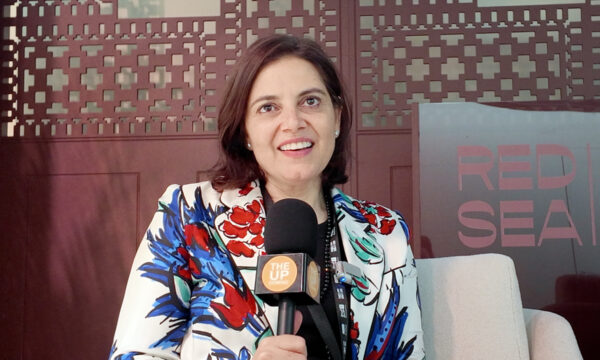
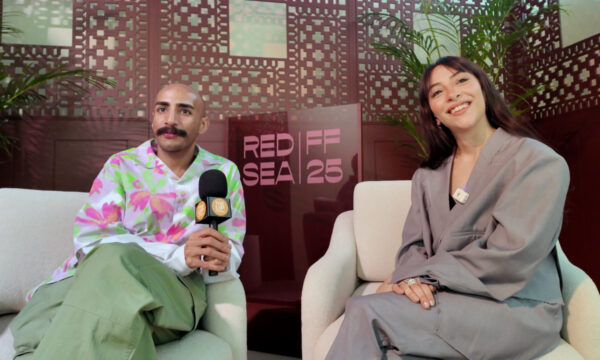
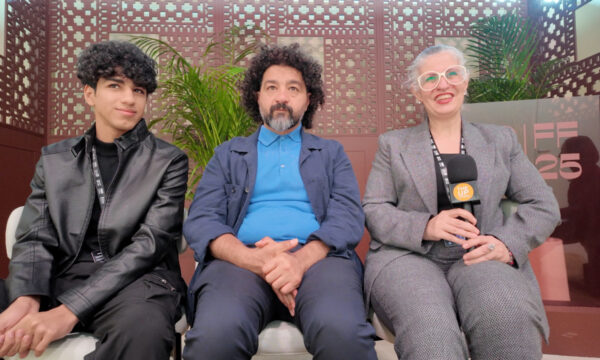


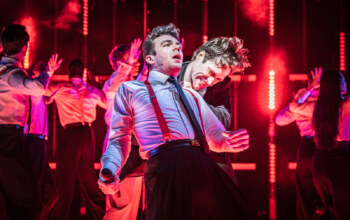

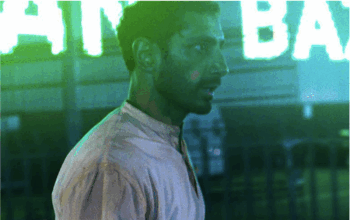
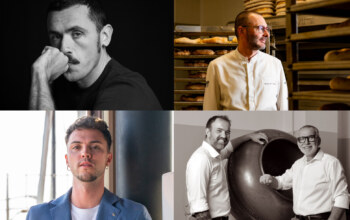
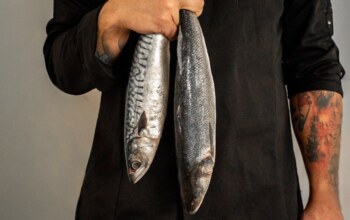
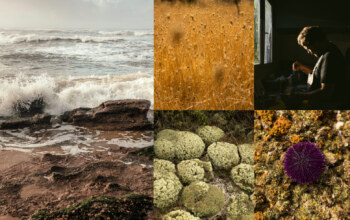

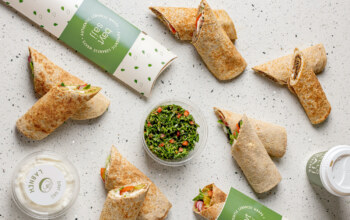
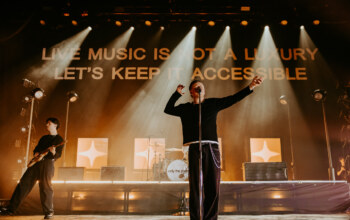
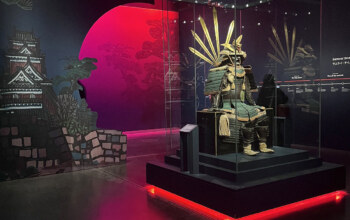



Facebook
Twitter
Instagram
YouTube
RSS